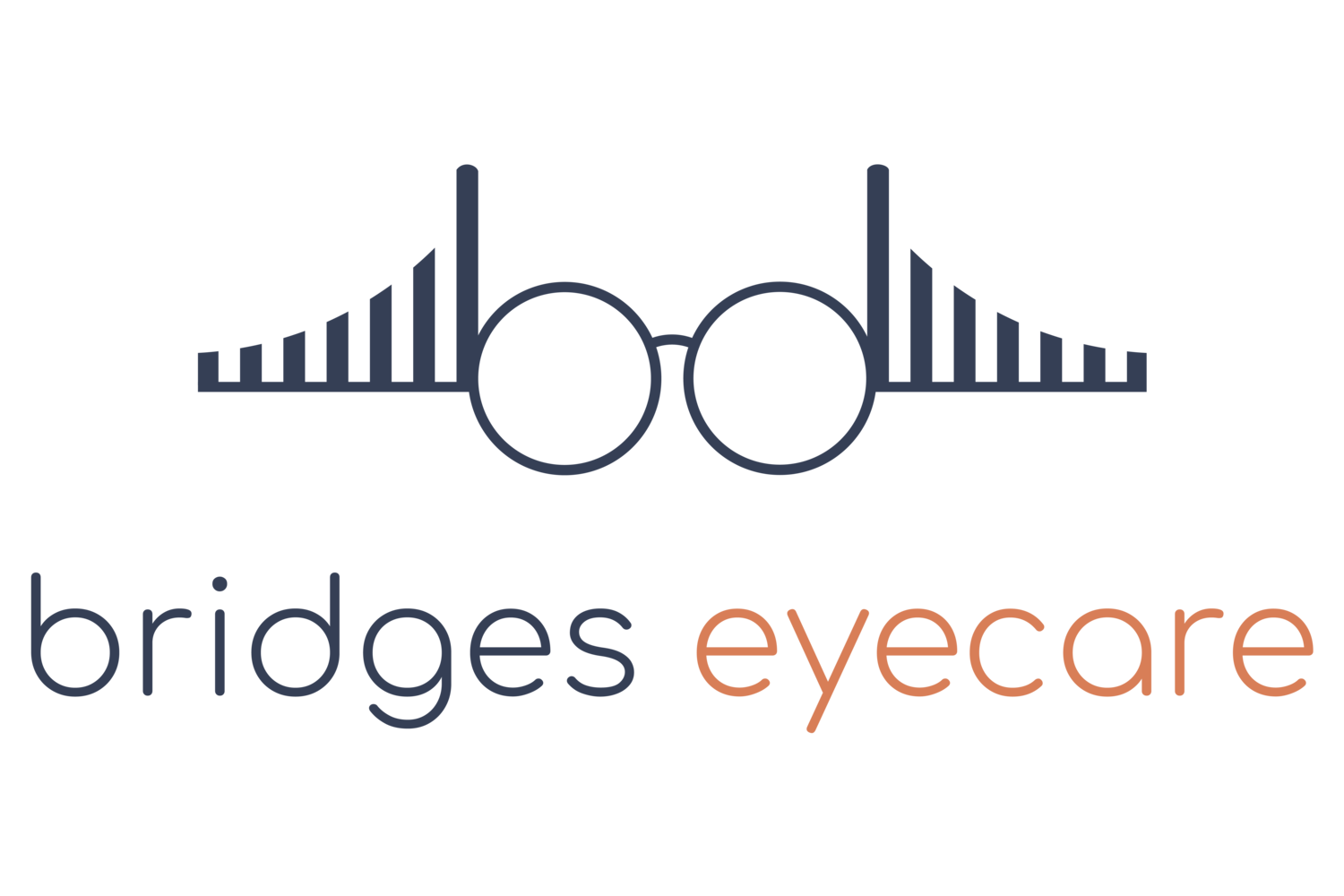Eyeglasses
Vision changes throughout your life. So even if you’ve never needed eyeglasses until now, you could still need them the future. With a wide array of lens materials and frame designers, the right pair of eyeglasses can make you look good and feel good. Most especially, it opens the world to you. Whether you experience blur driving at night, or blur when reading only, or if you are simply looking for a new pair of sunglasses, the team at Bridges eyecare will fit you with the right frame and lenses. You can feel confident that your new glasses are going to be tailored to best suit your vision needs.
Cool Eyewear Brands We Carry:
MODO
Ultra thin and lightweight. Made in Japan, Germany or handmade right in our backyard in Brooklyn. You need to see these frames for yourself.
Etnia Barcelona
One of the best selling line in Europe. These frames are made in Italy from natural materials. Make a statement with bold colors and shapes.
Dutch Kills
Inspired by the neighborhood, Dutch Kills was curated by Bridges Eyecare just for you. With Italian acetate and Japanese hinges, we bring quality and style at an affordable price.
Other amazing brands we have in store:
Gucci, Saint Laurent, Dior, Jimmy Choo, Ferragamo, Longchamp, Vera Wang, Nifties, ProDesign, Scott Harris, Ernest Hemingway, Enhance, and more…
How Do I Know If I Need Glasses?
Book a comprehensive eye exam and have your vision checked if you experience:
Difficulty reading up close
Poor night vision
New or frequent headaches
Double vision
Blurred distance vision
Depending on your symptoms, you might need a single vision lenses that improves your vision at distance, intermediate or at near. In cases where both distance and near vision need correction, you may need bifocal or trifocal lenses, which are a single lens with multiple prescriptions separated by a line. In most of these cases, patients prefer progressive lenses, which contains multiple lens powers without a visible line or sections.
Lenses come in different materials:
CR-39 : Standard plastic lenses
Polycarbonate: The most popular impact-resistant material. They are slightly lighter than CR-39.
Index 1.67: These lenses are recommended for “stronger” prescriptions (+/-3.00 and up). This lens material is 20% thinner than polycarbonate.
Index 1.74: These are 10% thinner than index 1.67. A great option for prescriptions +/-5.00.
Trivex: Another impact-resistant lens. It has a similar thickness to polycarbonate. However, Trivex will provide a little more clarity than polycarbonate.
Other lens add-ons:
Scratch-resistant, anti-smudge coating: These are standard in all of our lenses. To avoid scratching your lenses when wiping them down, make sure to use a damp microfiber cloth.
Anti-reflective coating: This coating improves contrast and reduces glare. It also improves the appearance of a lens by making it less reflective.
Blue-blocking lenses: These lenses have recently become very popular for people working on computer screen or their phones all day and late in the evening.. They are often associated with reduced eye strain and better sleep.
Polarized lenses: These are a great option against sun glare. Polarized lenses have a special chemical that filter light. Think of it like a miniblind hanging in front of a window. Only light that passes through the blind’s openings can be seen. As a result, objects look crisper and clearer. People who fish, in particular, find polarized sunglasses drastically cut the glare and help them see into the water.
Photochromatic lenses: These lenses darken when exposed to UV light. They can be either grey or brown. Lately, the Transitions brand created lenses that can turn blue, red, emerald, or purple!
Tints: Sunglass tints can be made in varying shades and colors. Gradients can also be created. Mild tints can also be added to a regular pair of glasses to improve comfort (for those complaining of light sensitivity) or simply to suit your style.
What Is Done During an Eyeglasses Exam?
The exam starts with a history if your medical health, questions regarding your current visual problems, your current visual demands (type of work done, amount of screen time, age), and your previous prescription. Your eyeglasses exam may include:
Visual Acuity testing
Eye movement evaluation
Pupil reflex evaluation
Depth perception testing
Color vision testing
Ocular health screening
Depending on your prescription, your health, and family history, Dr. Lingad may suggest further testing to evaluate your ocular health. For example, if you have a strong family history of glaucoma, you may need visual field testing.
How Long Will My Eyeglass Prescription Be Valid?
A usual eyeglass prescription is valid for a year. This means that you can order glasses with that prescription at any time during that year. Since we only use quality lenses and frames, you can expect your eyewear to last a long time.
Schedule your appointment online to get your most updated eyeglass prescription.



